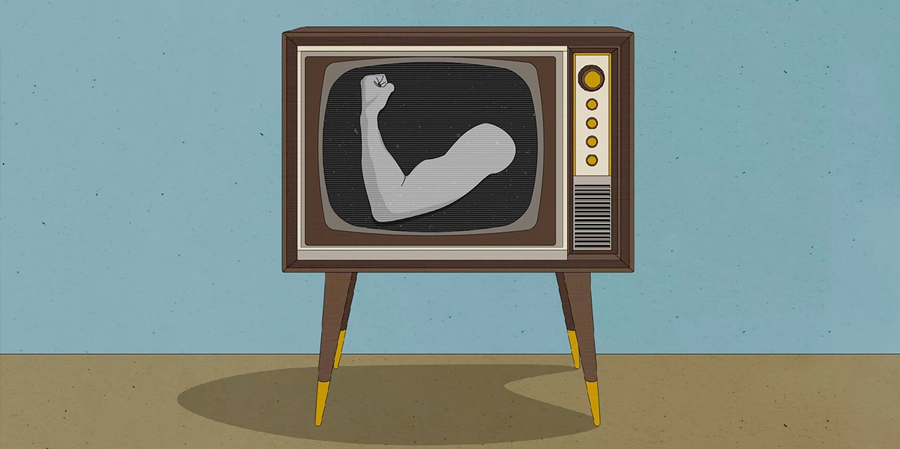Removing fear fostered a culture of inclusion
I learned most of my lessons about manhood by observing men’s behaviors around me and absorbing the negative stereotypes depicted on my television screen of men who looked like me. A product of a single-parent home raised by an immigrant family, I was also encouraged to act manly and mature before I could grasp the weight of that responsibility.
I had unknowingly embarked on a journey that would eventually force me to grapple with the complexity of masculinity, its standards and how it impacts every aspect of men’s lives.
After spending the early part of my career in capital markets, I took an unconventional leap of faith to concentrate on leading and encouraging men to do the self-reflective work of understanding and healing our deepest traumas to liberate ourselves from suffocating masculine norms. It was a necessary part of my journey of self-discovery. I no longer wanted to put the demands of work before the things that truly mattered to me the most: time to be a great dad to my daughter, marrying passion with purpose, being my authentic self instead of seeking approval and acceptance.
I’ve dedicated my work to exploring healthier forms of masculinity and its impact on leadership, allyship, diversity and inclusion. What does this have to do with advertising? You’ve seen Mad Men. As marketers and storytellers, we are responsible for shaping the world we live in today and the world in which we aspire to live in, in the future. In a world traditionally dominated by men, how transformative would it be for us to use that privilege to break down barriers and build a more inclusive and equitable future?
Corporate hierarchies are built on a foundation of patriarchy that thrives at the expense of women and other underrepresented groups. The language we use, the rules we accept and how we define success is rooted in stereotypical masculine values. We prioritize excessive risk-taking, driving bottom-line results and winning—at the expense of other admirable qualities typically ascribed to women like collaboration, communication and vulnerability. It leads to a culture of exclusion in which natural selection is the only measure of success that matters. It doesn’t mean great business results aren’t crucial. Rather, emphasize and incentivize a more people-focused approach that, taken together, can help create greater abundance for everyone and help build inclusive communities. That will ultimately drive even better business results.
It is crucial that we think of male allyship beyond the gender binary and consider the role men play in advocating for other underrepresented groups. The U.N.’s #HeForShe initiative and the 3% Conference have significantly contributed to an increased awareness of pay inequities and the lack of representation of women at senior management levels, especially in creative roles. Where allyship helps increase representation, real advocacy unlocks the intersectional value in a room full of diverse individuals and elevates those voices when it matters most. Allyship isn’t reserved only for white men; likewise, men of color also have a responsibility to spend our privilege and champion the inclusion of other groups, specifically the most marginalized; including BIPOC, our trans and femme siblings and people with disabilities.
The first step is to remove fear and take courage to do the right thing. If you don’t have the language to articulate complex thoughts, emotions or ideas, seek out help. Stop judging each other for asking for help. Make sure we’re leaving space for vulnerability and growth; it’s the only path to real change. Allyship can take many forms, the most important being the actions you take. If you are not sure how to take action, start by making space by giving up your seat on a panel, yielding time to speak in a meeting or checking your own bias to make sure you promote the most qualified candidate for the role.
What is the work we have to do as individuals, as an organization and for our clients that will help create a culture of radical inclusion? Consider what it takes to collectively create a culture of belonging, where everyone is empowered to be their authentic selves. After all, advertising is about creativity, and engaging with different perspectives is the lifeblood that powers that creativity. By definition, that means we are in the business of diversity. Men, if you’ve been waiting for an invitation to join our industry’s hot-button DEI conversation, consider this it. We have an excellent opportunity to rewrite the Mad Men script. Let’s get to work.

